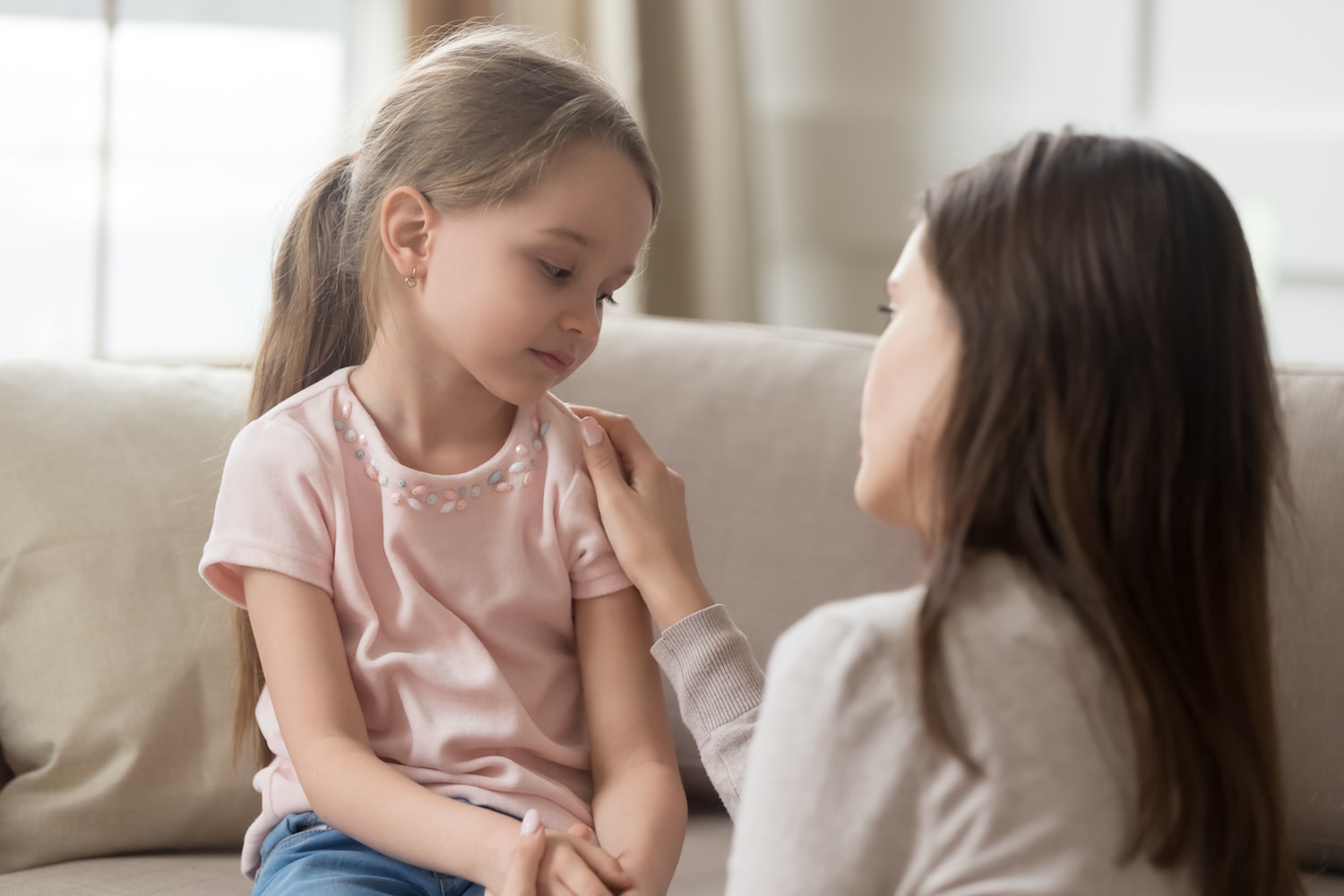As the Province’s Relaunch Strategy gets up and running, children will once again be seeing a number of changes in their lives.
From playgrounds and day cares opening up to mom and dad going back to work to visits and sleep overs at grandma and grandpa’s, a second drastic change in as many months can overwhelm a child.
Airdrie Community Links Parent Mentor Jen Berg said the organization is hoping to help parents deal with the transition from the COVID-19 pandemic into a more open community.
“Now that the world is opening up a little bit, there could be some big transition issues that might pop up,” said Berg.
“We want to help give you some support through some of those transitions.”
Berg provides advice based on the Positive Parenting Program’s (Triple P) document titled ‘Top Parenting Tips for Parents and Carers During COVID-19’ in an informative YouTube video that can be found here.
The tips include:
- Reassure your children that you family is your top priority
“This includes doing things to ensure our family stays at the forefront of safety of mental health or physical health,” said Berg.
“Reassuring your kids by saying something as simple as, ‘I’m your parent. I love you very much and it is my job to keep you safe and this is why we are instituting… wearing masks, using more hand sanitizer or even wearing gloves.”
- Take care of yourself the best you can
- Dealing with your own distress in a positive way. Check out airdrielife’s story on how yoga can help reduce stress here.
- Getting enough sleep
- Eating healthy
- Getting enough physical activity
- Practicing good personal hygiene
- Setting up a schedule for when you receive information from the news
“You can’t take care of the people in your lives that you love and care for if you aren’t really taking care of yourself,” said Berg.
“Really take some time to do some self-care and to take stock of where you are at because if you are not feeling at your best, it can be very difficult to deal with any stressors.”
- Make your children know that you are ready to talk.
“Being open and honest and saying to them, ‘I am here to talk about this if you have any questions (can go a long way),’” said Berg.
She added it is important to find out what information they already have in order to supplement or correct the info as it can be difficult for them to interpret what is true and what is not.
- Be truthful when answering your children’s questions
Berg said it doesn’t mean that you need to tell them the whole truth but that you are honest while considering their age and what they are capable of understanding.
- Maintain everyday family routines.
“Try and ensure our routines are staying as close as possible as they have been for the last two months to reduce the amount of transitions,” said Berg.
Knowing what is coming next and setting those expectations is helpful. She gave the example of going to the park and letting children know that they can play on the playground now but will need to use hand sanitizer or wash their hands immediately after.
- Have a family plan of action
Create a plan together that might include something like going back to day care. Including the children makes them more likely to go along with things because they have had a part in creating it, said Berg.
- Have plenty of interesting things to do at home
Have the kids create a list of things they like to do and create your own list to see what you would enjoy doing together.
Put ideas on strips of paper and pull one out and then do that activity.
Berg said it is important to be a bit flexible on what you are doing and when.
“This is a great opportunity to spend some time and do some things with them that you might not normally have an opportunity to do,” she added.
- Take notice of behaviour you like
When you see your children playing well together, playing alone quietly or eating everything on their plate, you may not want to interrupt, but if you don’t let them know when they are doing something you like, they aren’t getting any positive reinforcement for that activity.
Tell them specifically what you like about what they are doing: “I love that you and your sister are taking turns on the slide.”
When they are misbehaving you can redirect to the behaviour that you have already said you liked. For more information on why your child may be acting out during this difficult time, read our story “Why is my child regressing during the pandemic” here.
- Helping children learn to tolerate more uncertainty
We are all feeling the impacts of this and it is amplified for children.
Being stuck at home, they have fewer opportunities to make decisions or be in charge of things as well as less independence since they are with a parent or caregiver all day.
- Reaching out and staying connected to loved ones
This can be as simple as a text or phone call to someone you haven’t talked to in a while.
“Sometimes just a quick little, ‘Hey, I was thinking about you,’ can make a big difference in somebody’s day,” said Berg.
“It will only take a moment and it can really make a world of difference.”
To view the Triple P Resource talked about in the video, click here.
For more information on the services Airdrie Community Links provides, click here.





